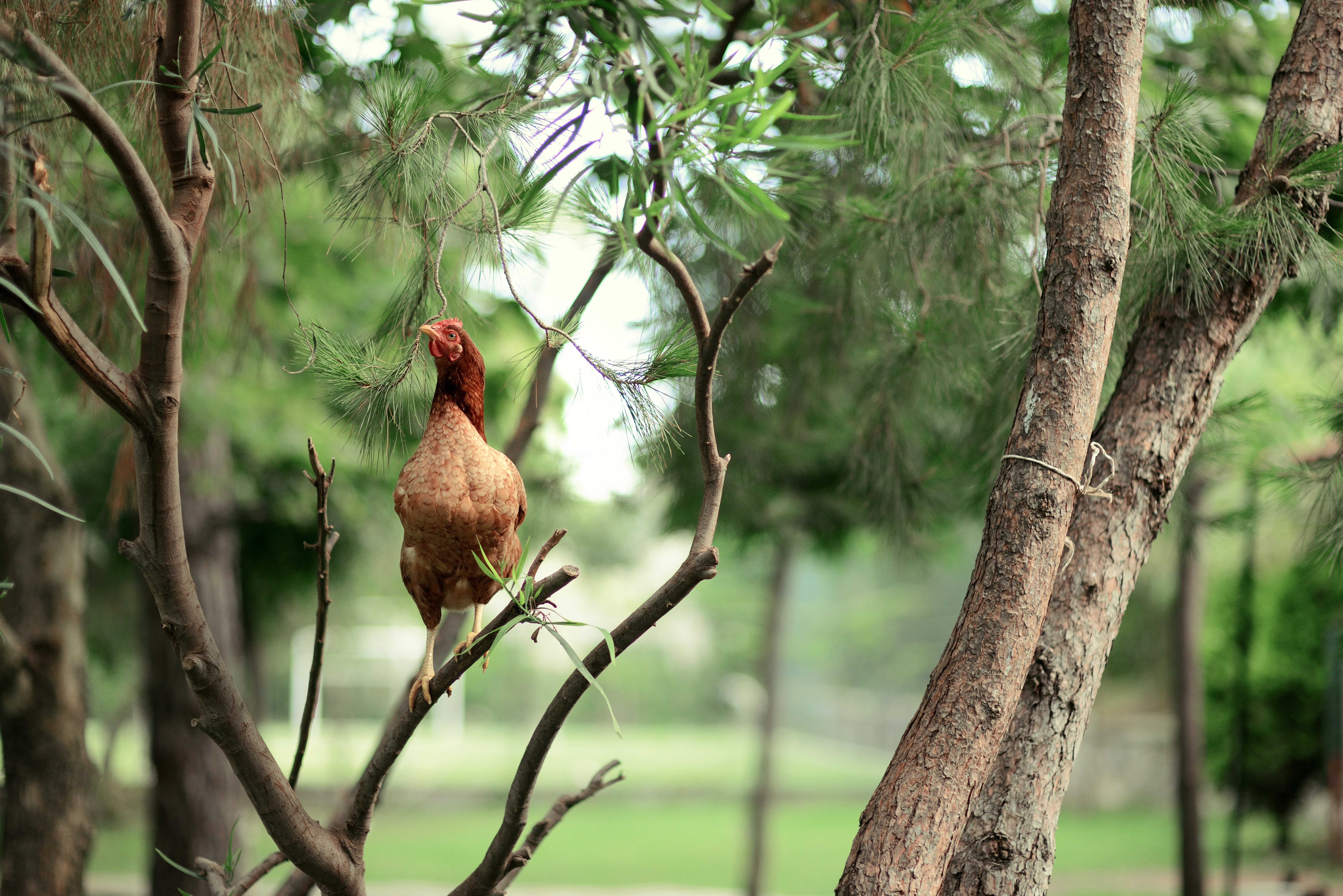



How does organic farming in Canada address climate change?
Researchers at the Universities British Columbia, Waterloo, and Dalhousie in Canada are endeavouring to find out.Profs. Goretty Dias, Peter Tyeders, and Nathan Pelletier are undertaking to learn more about how organic farming in Canada can address climate change. With support from the Organic Federation of Canada, and Agriculture and Agri-Food Canada, the research team wants to understand more about the carbon footprint of organic farming practices in the Canadian context.

The project seeks to evaluate the net greenhouse gas (GHG) emissions of major Canadian organic field crops across the major producing regions from the Maritimes to British Columbia, taking into account unique differences between eco-regions regardless of where they occur, all sources of GHG emissions resulting from both on farm and all associated upstream activities (eg, equipment and fuel production and delivery, nutrient procurement strategies, management of crop residues, etc.), and potential sinks of carbon on farms.
As a first step, they are seeking interested organic farmers to take part. If you're a Canadian organic farmer and want to support the initiative, you can start by filling out a short survey about what you farm and where you farm it.
The researchers hope the outputs of this research will provide key metrics and strategies to improve the climate performance of Canadian agriculture, as well as the competitiveness of Canadian organic products in emerging markets for climate friendly products.









